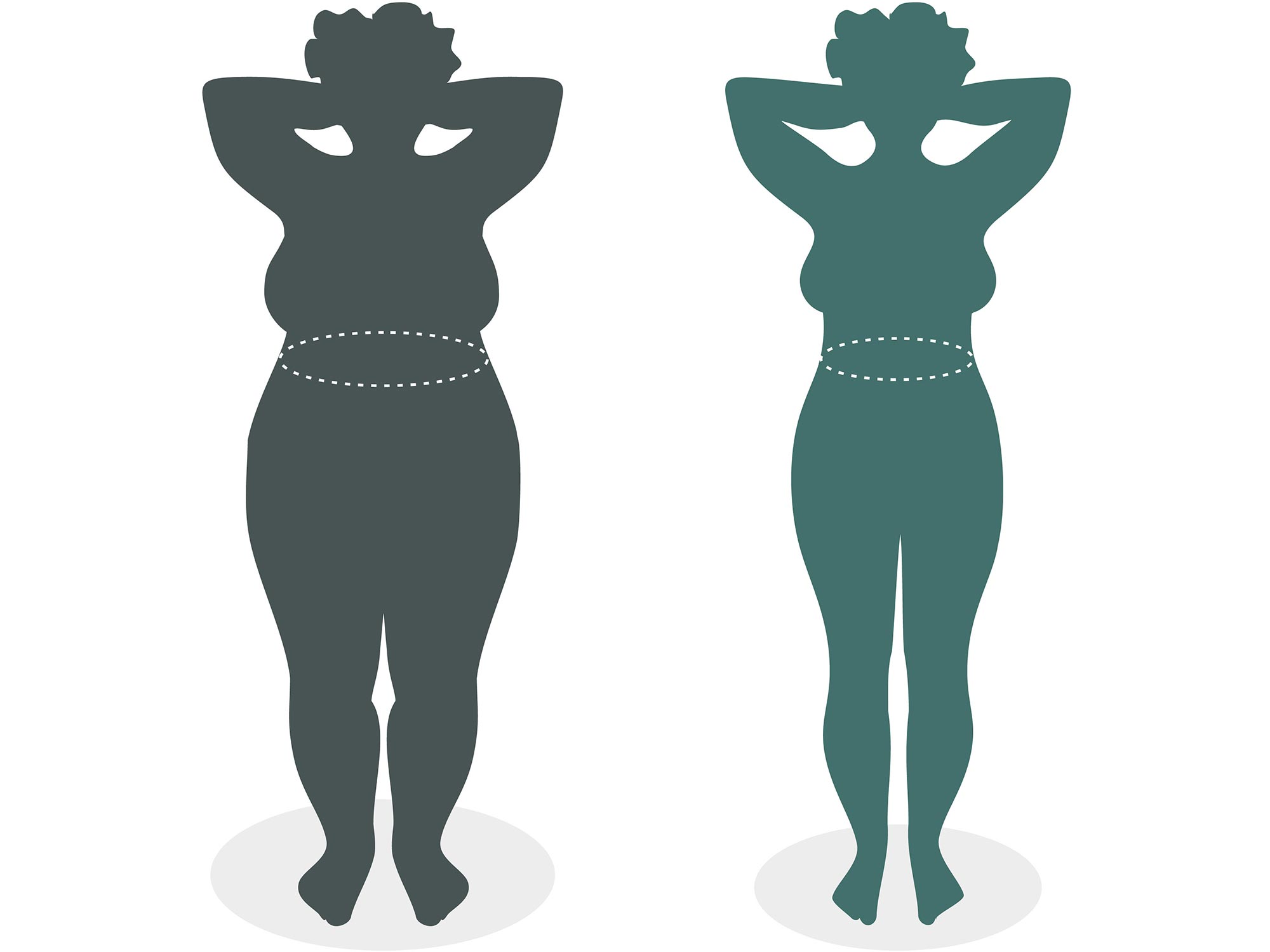According to the researchers, following a vegan diet improves the quality of the diet and leads to weight loss.
Researchers find that a vegan diet rich in legumes helps people lose weight.
According to recent research by the Physicians Committee for Responsible Medicine published in the Journal of the Academy of Nutrition and Dietetics, a vegan diet improves the quality of the diet, resulting in lower weight and higher insulin sensitivity. Increased consumption of legumes and reduced intake of meat, fish, and poultry were the two factors most strongly associated with weight loss.
“Our research shows that the best way to improve the quality of your health is to improve the quality of the food you eat,” says Hana Kahleova, MD, Ph.D., director of clinical research at Physicians Committee and co-author of the study. . -Author. “That means avoiding animal products and following a vegan diet rich in fruits, vegetables, grains and legumes.”
244 overweight people who participated in the 16-week trial were randomly divided into two groups: those who made no dietary modifications and those who followed a low-fat vegan diet consisting of vegetables, grains, legumes and fruit with no calorie limitations. The researchers controlled for weight, body fat mass, insulin sensitivity, and diet quality. 219 people who completed the entire study and submitted their final dietary records were included in the final data analysis.
Participants on the vegan diet lost an average of 13 pounds and 9.1 pounds of fat mass. Body weight and fat mass did not decrease in the group that did not make any dietary changes. In the vegan group, increases in intake of fruits, legumes, meat alternatives, and whole grains and reductions in animal products, added oils, and animal fats were associated with weight loss:
- Fruit: Increased intake of whole fruits was associated with decreased body weight.
- Legumes and meat alternatives: Increased consumption of legumes was associated with decreased weight, fat mass, and visceral adipose tissue. Eating more meat alternatives, such as tofu, tempeh, and veggie burgers, was associated with decreased body weight.
- Grain: Increased consumption of whole grains was associated with decreased body weight and fat mass.
- Eggs and Dairy Products: Decreased egg intake correlated with decreased weight. Decreased intake of high-fat dairy products was associated with decreased weight and fat mass.
- Meat, Fish and Poultry: Reductions in the combined intake of total meat, fish, and poultry were associated with weight loss and a decrease in fat mass.
- Added fats: Decreases in intake of added animal fats were associated with decreases in weight and fat mass. Decreased intake of added oils was also correlated with decreased weight and fat mass.
The vegan group also experienced improvements in insulin sensitivity.
The vegan group’s diet quality, as measured by the Alternative Healthy Eating Index-2010 (AHEI) score, also increased by 6 points on average in contrast to no significant change in the group that did not make a dietary change. The AHEI was developed by researchers at the Harvard School of Public Health to identify dietary patterns associated with a lower risk of chronic disease. The index is made up of foods that are eaten more frequently, such as fruits and vegetables, and those that are eaten less frequently, such as red and processed meats. The higher the AHEI score, the lower the risk of chronic disease.
Reference: “Changes in food and nutrient intake and diet quality in a low-fat vegan diet are associated with changes in body weight, body composition, and insulin sensitivity in overweight adults: a trial Randomized Clinical Trial” by Lelia Crosby, BA, RD, LD, Emilie Rembert, BS, Susan Levin, MS, RD, CSSD, Amber Green, BS, RD, LD, Zeeshan Ali, Ph.D., Meghan Jardine, MS, MBA , RDN, LD, CDE, Minh Nguyen, MS, RD, Patrick Elliott, BS, Daniel Goldstein, BA, Amber Freeman, Meka Bradshaw, Danielle N. Holtz, Richard Holubkov, Ph.D., Neal D. Barnard, MD, and Hana Kahleova, MD, Ph.D., April 19, 2022, Journal of the Academy of Nutrition and Dietetics.
DOI: 10.1016/j.jand.2022.04.008
(function(d,s,id){var js,fjs=d.getElementsByTagName(s)[0];if(d.getElementById(id))return;js=d.createElement(s);js.id=id;js.src=”https://connect.facebook.net/en_US/sdk.js#xfbml=1&version=v2.6″;fjs.parentNode.insertBefore(js,fjs);}(document,’script’,’facebook-jssdk’));
